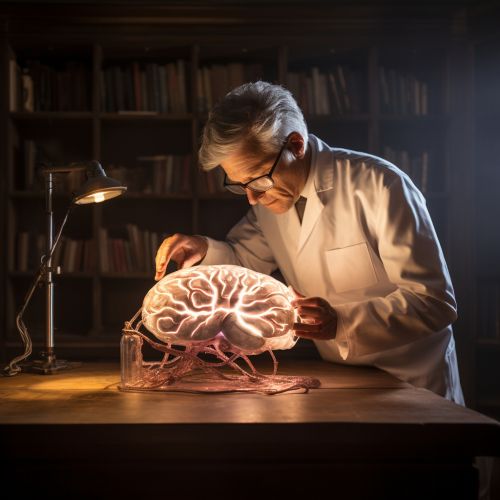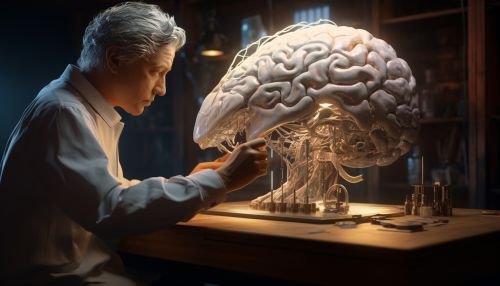The Science of Human Neurochemistry
Introduction
Human neurochemistry is the study of neurochemicals, including neurotransmitters and other molecules such as neuro-active drugs that influence neuron function. This branch of neuroscience examines how these neurochemicals influence the network of neural operation. The science of human neurochemistry has evolved significantly over the past century, with a growing understanding of how these chemicals influence our mood, cognition, and behavior.
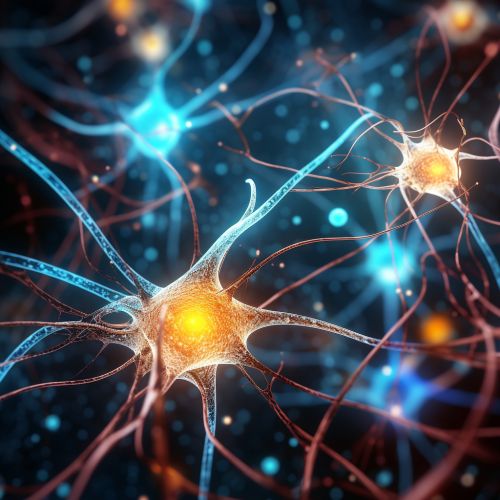
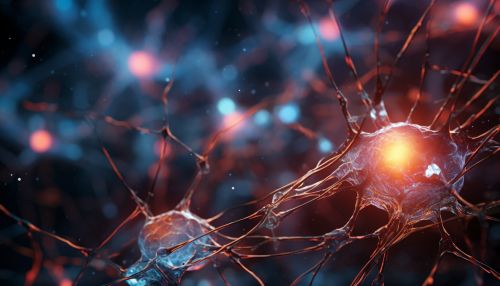
Neurotransmitters
Neurotransmitters are endogenous chemicals that transmit signals across a synapse from one neuron (nerve cell) to another 'target' neuron. They are key components of the machinery of the nervous system, transmitting messages between neurons or from neurons to muscles.
Types of Neurotransmitters
There are many different types of neurotransmitters. Some of the most well-known include serotonin, dopamine, norepinephrine, and acetylcholine. Each of these neurotransmitters has a different function and effect on our body and mind.
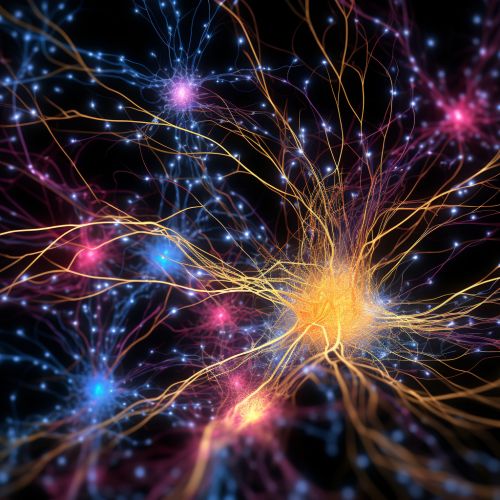

Serotonin
Serotonin, also known as 5-hydroxytryptamine (5-HT), is a monoamine neurotransmitter. It has a popular image as a contributor to feelings of well-being and happiness, though its actual biological function is complex and multifaceted, modulating cognition, reward, learning, memory, and numerous physiological processes.
Dopamine
Dopamine is a type of neurotransmitter that is central to creating our drive, desire, and focus. It is released when we take part in activities that are enjoyable, such as eating and drinking, but it is also involved in motor control and the release of various hormones.
Norepinephrine
Norepinephrine, also known as noradrenaline, is a neurotransmitter that is important for attentiveness, emotions, sleeping, dreaming, and learning. It is also released as a hormone into the blood, where it causes blood vessels to contract and heart rate to increase.
Acetylcholine
Acetylcholine is a neurotransmitter that plays an important role in muscle contraction, pain response, REM sleep, and memory. In the brain, acetylcholine functions as a neurotransmitter and as a neuromodulator.
Neuroactive Drugs
Neuroactive drugs are drugs that interact with the nervous system to alter its activity. This can include both legal and illegal substances, as well as prescription medications. These substances can have a profound impact on the neurochemistry of the human brain, altering the way neurotransmitters function and changing our thoughts, emotions, and behaviors.


Types of Neuroactive Drugs
There are many different types of neuroactive drugs, including antidepressants, stimulants, narcotics, and hallucinogens. Each of these has a different effect on the brain and can alter its neurochemistry in different ways.
Antidepressants
Antidepressants are a type of medication used to treat depression and other mental health disorders. They work by balancing chemicals in your brain called neurotransmitters that affect mood and emotions.
Stimulants
Stimulants are a class of drugs that enhance brain activity. They work by increasing the levels of certain chemicals in the brain that help with thinking, attention, and staying awake.
Narcotics
Narcotics, also known as opioid pain relievers, are used only for pain that is severe and is not helped by other types of painkillers. They work by binding to receptors in the brain to decrease the perception of pain.
Hallucinogens
Hallucinogens are a class of drugs that cause profound distortions in a person's perceptions of reality. They work by disrupting the interaction of nerve cells and the neurotransmitter serotonin.
Conclusion
The science of human neurochemistry is a rapidly evolving field that continues to reveal the complex interplay of chemicals in our brain. Understanding these processes not only provides insight into the fundamental mechanisms of our nervous system but also paves the way for the development of new drugs and therapies for a wide range of neurological and psychiatric disorders.
